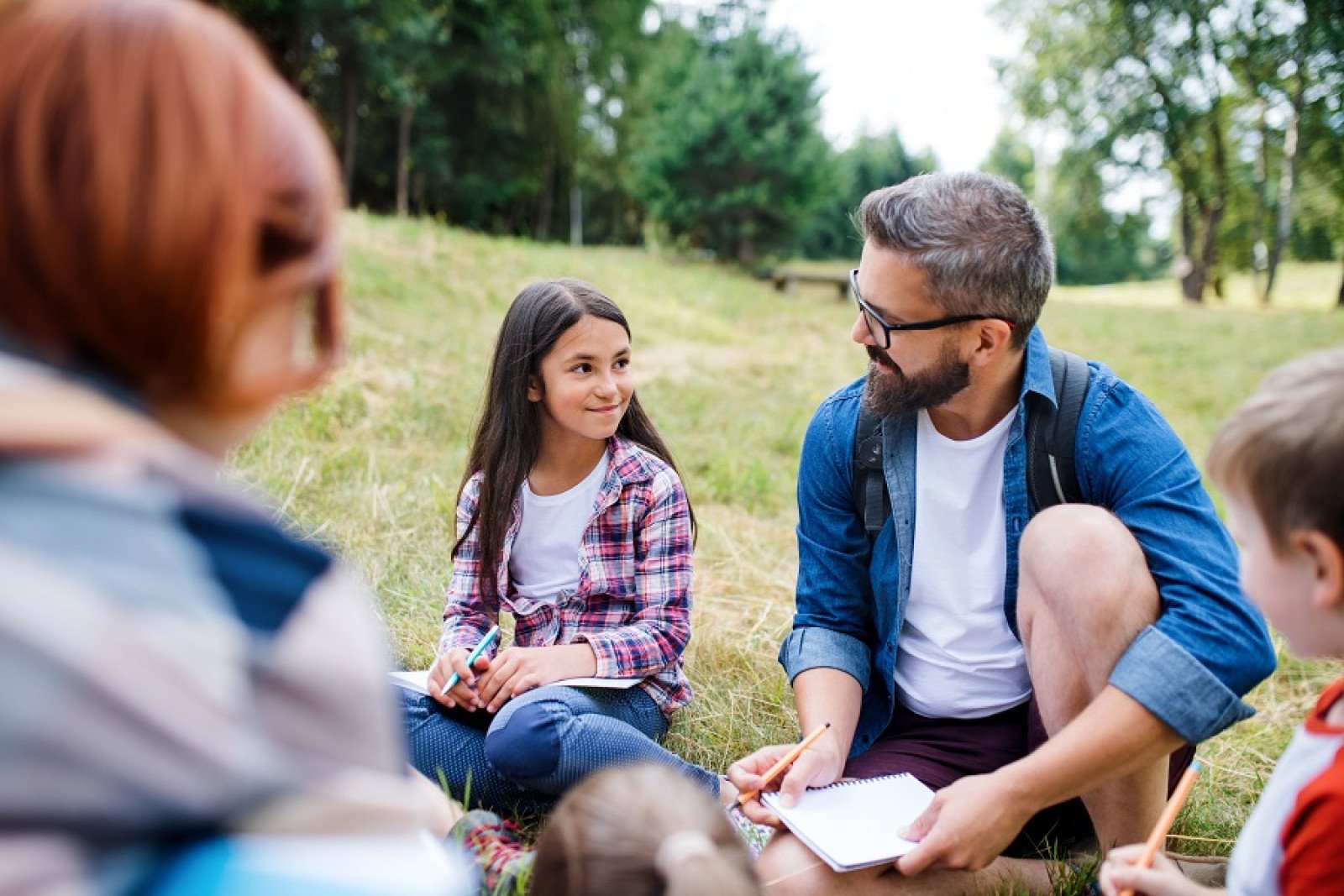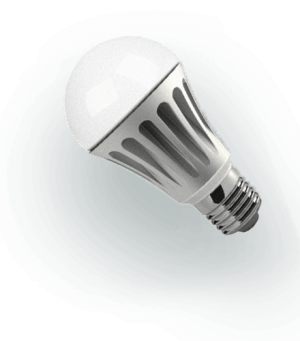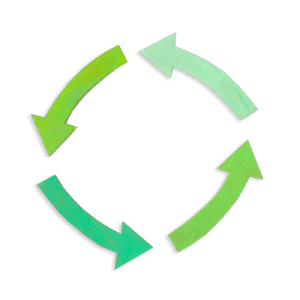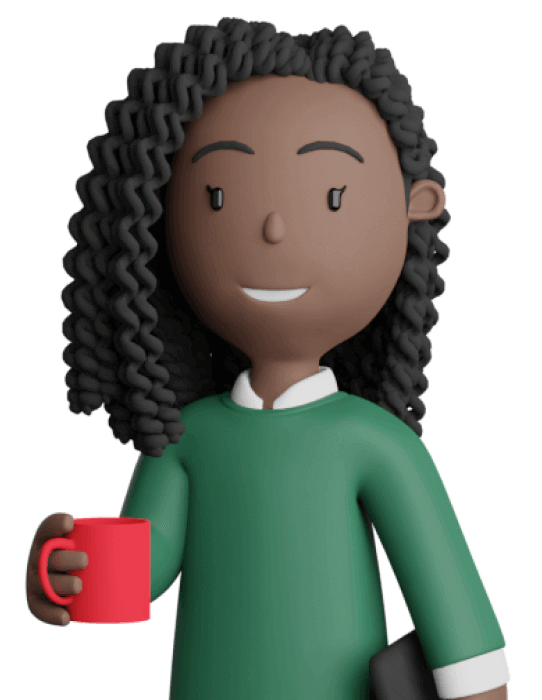What powerful words best describe where we live?
Use the criteria to identify powerful words and phrases to describe the world around us.

Overview
In this activity, students explore their local environment and guided by the criteria and a thinking strategy, suggest powerful words that could be used to describe the place where they live. These thinking tools can be used by students to create powerful words in multiple contexts. While this activity uses examples related to personal experiences of place, other examples could be used to help nurture the competency of communicating.
Instructions
What you'll need
- “Using powerful words” slideshow
- “Using powerful words to describe where we live” worksheet
- “Assessing my ability to use powerful words” rubric
- Digital projector and screen
- Open up and display the “Using powerful words” slideshow. Show your students slide 2 and ask them to look at the image of the lemon and then read the two descriptions. Ask your students to think about the difference between the two descriptions. Invite students to share their thinking with the class.
- Explain to your students that one description uses powerful words. Ask your students, "Which description is more powerful? Why? What do you think powerful words are?”
- Invite your students to use their thinking to co-create, or share with them, the following criteria for a powerful word or phrase:
- Accurately describes details
- Helps us to imagine with our senses what is being described
- Next, show slide 4 and ask your students to select the most powerful words to describe the tree. Which words provide a better description? Compare the pairs of words. Remind students to use the criteria to help them make their decisions. Ask your students to imagine what these powerful words may be describing.
- Explain to your students that they are now going to practice using the criteria to create powerful words to describe the world around them. Provide each student with a copy of the “Using powerful words to describe where we live” worksheet.
- Take your students on a walk in the school yard or surrounding neighbourhood. Before you depart, tell them their job is to pay attention to their surroundings and to think of powerful words that best describe “the place where we live”. Guide their attention to the “My first thoughts” section on the worksheet and instruct students to write down the words they think of during the walk. Take some photos during the walk if possible.
- Upon returning, ask your students to share the words they think best describe “the place where we live”. Post the photos taken on the walk on your screen if possible.
- Ask your students to review all the words that they’ve recorded and to now make a decision: Which words and phrases are the most powerful? Remind students to use the criteria when making their decision. Guide them to write their selected words in the “My four most powerful words” section.
- Conclude this activity by asking students to think about other places where they could use this criteria in their learning, including when they are writing stories and preparing for presentations.
Modify or extend this activity
Extension
- In Step 5, invite students to use the list of words to craft a powerful description of the image. Encourage students to share their descriptions with the class.
- In Step 9, invite students to use their four most powerful words to create a collage of images or drawings and words about the place where they live.
- Build a class book with images and powerful words about the environment where they live.
Curriculum Fit
Grades 2, 3 Science
Curricular competencies
Communicating
- Express and reflect on personal experiences of place*
- Represent and communicate ideas and findings in a variety of ways
*Place is any environment, locality, or context in which people interact to learn, create memory, reflect on history, connect with culture, and establish identity. The connection between people and place is foundational to First Peoples perspectives of the world.
Grades 2, 3 English Language Arts
Big ideas
- Language and story can be a source of creativity and joy
- Through listening and speaking, we connect with others and share our world (Grade 2)
- Playing with language helps us discover how language works (Grade 2)
- Using language in creative and playful ways helps
us understand how language works (Grade 3)
Content
- Literary elements and device
- Vocabulary associated with texts
- Language features, structures, and conventions
- Features of oral language
Curricular competencies
Comprehend and connect (reading, listening, viewing)
- Use sources of information and prior knowledge to make meaning
- Show awareness of how story in First Peoples cultures connects people to family and community
Create and communicate (writing, speaking, representing)
- Exchange ideas and perspectives to build shared understanding
- Plan and create a variety of communication forms for different purposes and audiences
Assessments
Throughout the activity, consider how well students:
- Think collaboratively during class discussions
- Use criteria to guide their thinking
- Use sources of information and prior knowledge to make meaning
- Transfer and apply learning to new situations
Guide students in using the “Assessing my ability to use powerful words” rubric during the activity.
Teaching Notes
Indigenous Peoples’ belief about place
Indigenous Peoples believe that people and their families are strongly connected to the communities they live in, their ancestors and future descendants, the land they live on, and all of the plant, animal and other creatures that live upon it. They know they are stewards of the Earth and strive to live in harmony with their environment.







